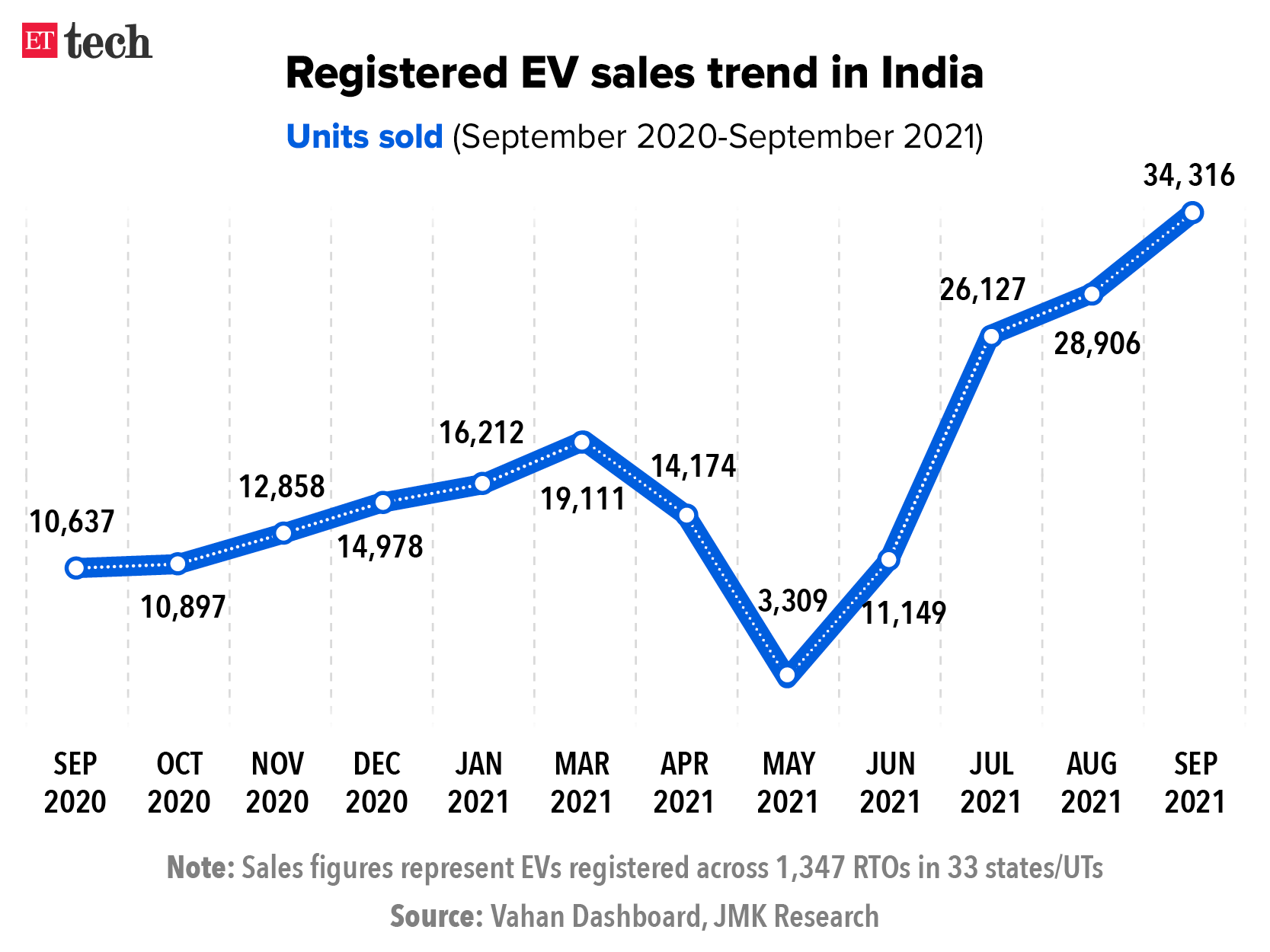Ghaziabad's Heat Advisory: Safety Guidelines For Outdoor Workers In Noida

Table of Contents
Understanding the Risks of Extreme Heat for Outdoor Workers
Extreme heat presents serious health risks, particularly for individuals engaged in strenuous outdoor work in Noida. Prolonged exposure to the sun and physical exertion significantly increase vulnerability to various heat-related illnesses. Let's examine some key threats:
- Heatstroke: This is a life-threatening condition characterized by a body temperature above 103°F (39.4°C), confusion, seizures, and loss of consciousness. It requires immediate medical attention.
- Heat Exhaustion: Symptoms include heavy sweating, weakness, dizziness, headache, nausea, and muscle cramps. While less severe than heatstroke, it still necessitates rest and rehydration.
- Dehydration: A lack of fluids leads to impaired physical performance, dizziness, and can exacerbate other heat-related illnesses.
- Sunstroke: Direct sun exposure can cause a painful headache, nausea, and dizziness.
- Heat Rash: This skin irritation appears as red bumps, often on the neck, chest, and groin, caused by excessive sweating.
Outdoor workers in industries like construction, agriculture, and landscaping are particularly at risk due to the demanding nature of their jobs and prolonged sun exposure. The long-term health consequences of repeated heat exposure can include kidney damage, cardiovascular problems, and chronic fatigue.
Essential Safety Measures for Outdoor Workers in Noida
Protecting yourself from the heat requires a proactive approach. Here are some essential safety measures for outdoor workers in Noida:
- Hydration is Key: Drink plenty of water throughout the day, even before you feel thirsty. Electrolyte drinks can help replenish lost salts. Avoid sugary drinks, which can dehydrate you further.
- Sun Protection is Paramount: Wear a wide-brimmed hat to shade your face and neck, use a broad-spectrum sunscreen with an SPF of 30 or higher, and protect your eyes with sunglasses.
- Strategic Work Breaks: Schedule regular breaks in shaded areas to allow your body to cool down. Avoid working during the hottest part of the day if possible.
- Appropriate Clothing: Wear light-colored, loose-fitting clothing made from breathable fabrics to help your body regulate its temperature.
- Personal Protective Equipment (PPE): Use PPE designed for hot weather conditions, ensuring it doesn't trap heat and cause discomfort.
- Company Heat Safety Plan: Ensure your employer has a comprehensive heat safety plan in place, including worker training on heat illness prevention and response.
Employer Responsibilities During a Heat Advisory
Employers have a legal and ethical responsibility to protect their outdoor workers from the dangers of extreme heat. This includes:
- Providing Ample Hydration and Shade: Ensure readily available access to cool water and shaded rest areas.
- Modified Work Schedules: Adjust work schedules to avoid peak heat hours, perhaps shifting work to earlier mornings or later evenings.
- Heat Safety Training: Provide comprehensive training to employees on recognizing heat-related illnesses and implementing preventative measures.
- First Aid and Emergency Services: Ensure easy access to first aid supplies and a plan for contacting emergency medical services.
- Compliance with Regulations: Adhere to all relevant workplace safety regulations concerning heat stress management and employee well-being.
Seeking Medical Attention for Heat-Related Illnesses
Early intervention is critical in managing heat-related illnesses. If you or a coworker experience symptoms of heat exhaustion or heatstroke, act swiftly:
- Heatstroke Symptoms: Immediate medical attention is required. Call emergency services immediately (dial 108 in India) and begin cooling measures like moving the person to a cool place, applying cold compresses, and fanning them.
- Heat Exhaustion Symptoms: Move to a cool place, drink plenty of fluids, and rest. If symptoms worsen, seek medical attention.
- Emergency Contact Information: Keep the numbers for local hospitals and emergency services readily available.
Cooling measures, such as cold water immersion or cold compresses, can significantly reduce body temperature and alleviate symptoms.
Conclusion
Ghaziabad's heat advisory underscores the critical need for proactive heat safety measures among outdoor workers in Noida. By understanding the risks of extreme heat, implementing essential safety precautions, and ensuring employers fulfill their responsibilities, we can significantly reduce the incidence of heat-related illnesses. Remember, prioritizing hydration, sun protection, and work breaks is crucial for individual safety. Employers must actively create safe work environments that prioritize employee well-being. Share this article to raise awareness and protect Noida's valuable outdoor workforce. Protect your workers from the Ghaziabad heat advisory – implement effective heat safety measures today!

Featured Posts
-
 The Allure Of Nba Tankathon For Miami Heat Fans
May 13, 2025
The Allure Of Nba Tankathon For Miami Heat Fans
May 13, 2025 -
 Schoduvel 2024 Braunschweigs Grosser Karnevalsumzug
May 13, 2025
Schoduvel 2024 Braunschweigs Grosser Karnevalsumzug
May 13, 2025 -
 Br Ambedkar And Kanika House A Delhi Landmark Of Constitutional History
May 13, 2025
Br Ambedkar And Kanika House A Delhi Landmark Of Constitutional History
May 13, 2025 -
 Brazils Ev Market Byds Ascent And Fords Decline A Maluf Perspective
May 13, 2025
Brazils Ev Market Byds Ascent And Fords Decline A Maluf Perspective
May 13, 2025 -
 Jelena Ostapenkos Triumphant Stuttgart Open Win
May 13, 2025
Jelena Ostapenkos Triumphant Stuttgart Open Win
May 13, 2025
